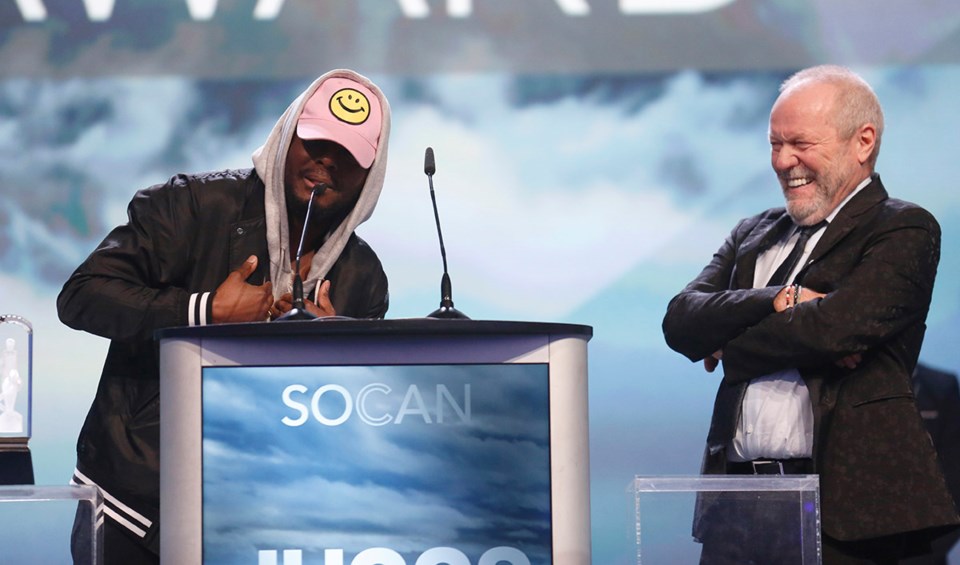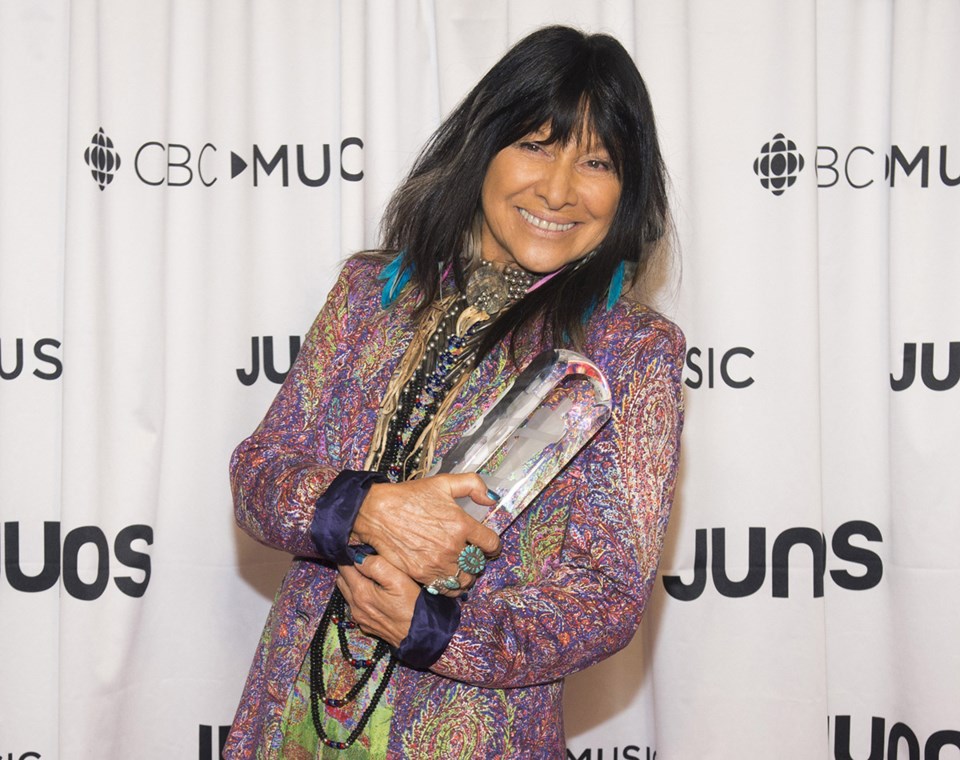There were 2,625 submissions to the 2018 Juno Awards.
That represents a lot of people who are dedicating themselves to making music in Canada.
Twenty-five years ago, singer Jim Cuddy says, it would have been a “pipe dream” to think you could become a success outside the country’s borders. Now it’s a given.
“You have the opportunity to be whatever you want,” he said during a media Q and A at Saturday night’s Juno Awards gala at Canada Place in Vancouver.
With so many ways to reach audiences, the “democratization of music” has removed many of the barriers for Canadian musicians to take their place on the world stage.
Case in point is Dead South, the young band that won the Juno for best traditional roots album. Their fame skyrocketed when their video for “In Hell I’ll Be Good Company” went viral on YouTube, with 51 million views.
“It’s scary but it’s cool if you can ride the wave,” said band member Danny Kenyon.
However, many challenges still exist — and one of them begins in our school system. Cuddy won the MusiCounts Inspired Minds Ambassador Award for his role in organizing the Juno Cup, a “rock versus jock” hockey game between musicians and retired NHLers. The annual game is an important fundraiser for MusiCounts, which distributes instruments to school music programs.
Those programs are “just on the edge of extinction,” Cuddy said, adding that he sometimes despairs of the future of music education.
“People think it happens naturally; it’s like weeds come thing out of the sidewalk, that music will somehow survive,” he said.
The next night, when the Barenaked Ladies were inducted into the Canadian Music Hall of Fame, Ed Robertson harkened back to the days when he and Steven Page started the band as high school students in Scarborough, Ontario. “This band would not exist without public school music education,” he said.
When today’s high school students decide to make a career out of music, they’ll find that, for all its opportunities, it’s not an easy industry.

Gary Slaight, who started as a trailblazer with the Q-107 rock radio, grew Standard Radio with his father Allan to include 52 stations and helped found Sirius Radio, today helps emerging artists through Slaight Music.
“It’s hard these days,” he said at the Q and A. There are fewer recording labels and radio stations are all playing the same kind of music. But he still has hope. “The ones that persevere and have the will and the talent to win, these are the ones you see coming through.”
Ten years ago, when he sold Standard Radio to Astral Music, he didn’t think he’d be standing in front a group of journalists to say that radio stations need to be “encouraged to play more diverse new formats apart from what we hear all day on all the stations.”
He also supports the continuation of Canadian content requirements. Without requiring stations to have 35 per cent of their music dedicated to CanCon, “a lot of Canadian music would not get played. I think it’s necessary.”
Mike Downes won solo jazz artist of the year. He also teaches in Humber College’s music program in Ontario.
The next generation of musicians also have to be entrepreneurs, social media experts and business people, he said. The music is only part of it.

Two of Canada’s oldest performers — who are also newly minted 2018 Juno winners — had some advice for those whose passion is propelling them towards a music career.
Seventy-one-year-old children’s performer Fred Penner — who was sporting a David Letterman-esque long, white beard — was given the Order of Canada for his contributions the same year that this year’s breakthrough artist, Jessie Reyez, was born.
“You need to say something that really has value to you and, hopefully, that’s relatable to others,” he said.
Buffy Sainte Marie, the 77-year-old winner of indigenous album of the year, had some simple advice to young musicians: “Be better every day. Don’t use the same three chords over and over and trying to sound like last year’s hit. You’ll be a better artist.”


